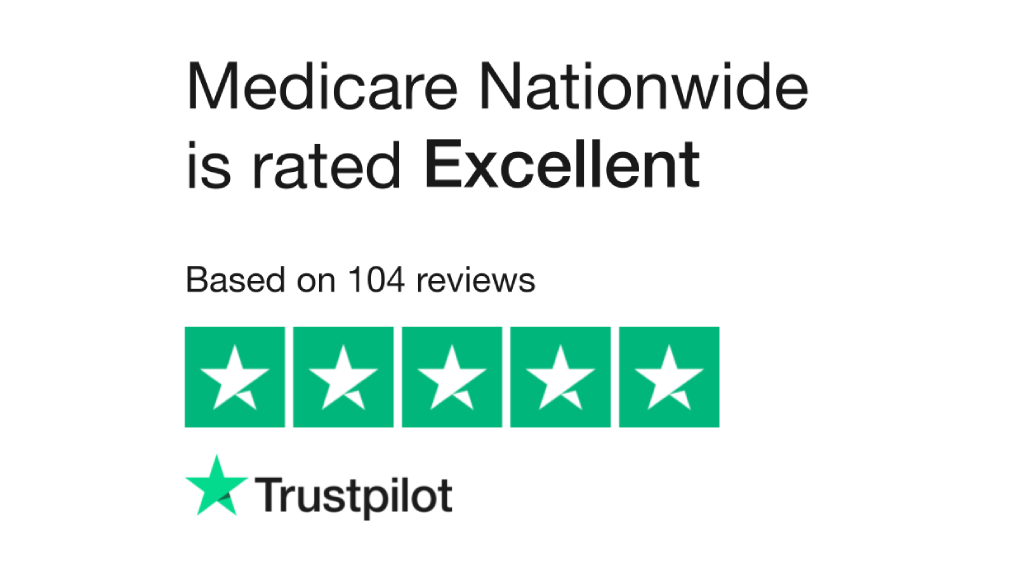Choosing the right Medigap plan can be a crucial decision for your healthcare coverage, especially considering that each state has its own regulations and options. State-specific Medigap plans offer additional coverage and benefits tailored to the needs of residents in a particular state. In this guide, we’ll simplify the complexities of state-specific Medigap plans and explore what you need to consider when making this important decision
What Are State-Specific Medigap Plans?
State-specific Medigap plans, also known as state-standardized plans, are Medigap policies that are standardized according to state regulations. While federal regulations govern the basic benefits provided by Medigap plans, states have the authority to add additional benefits or modify existing ones to better meet the needs of their residents. This means that Medigap plans offered in one state may differ from those offered in another.
Factors to Consider When Choosing a State-Specific Medigap Plan
- Available Plans
Each state has its own set of state-specific Medigap plans, and the availability of these plans may vary depending on where you live. Before choosing a plan, research the options available in your state and compare their benefits, coverage, and premiums. - Additional Benefits
Some states offer additional benefits or coverage options not found in standard Medigap plans. These benefits may include coverage for services such as preventive care, vision, dental, or hearing aids. Consider whether these additional benefits are important to you and whether they justify the cost of the plan. - Premiums and Costs
The premiums for state-specific Medigap plans can vary depending on the insurance company and the level of coverage. Compare the premiums of different plans to ensure they fit within your budget. Keep in mind that while a plan with lower premiums may seem appealing, it may also have higher out-of-pocket costs. - Network Coverage
Some state-specific Medigap plans may have provider networks, meaning you’ll need to use doctors and hospitals within the plan’s network to receive full coverage. Consider whether your preferred healthcare providers are included in the plan’s network and whether you’re willing to switch providers if necessary. - Customer Satisfaction and Ratings
Research the customer satisfaction ratings and reviews for insurance companies offering state-specific Medigap plans in your area. Look for companies with high ratings and positive reviews from customers to ensure you’ll receive quality service and support. - State-Specific Regulations
Each state has its own regulations governing the sale and administration of Medigap plans. Familiarize yourself with the regulations in your state to ensure you understand your rights and protections as a consumer.
Benefits of State-Specific Medigap Plans
- Tailored Coverage
State-specific Medigap plans are designed to meet the unique healthcare needs of residents in a particular state. By offering additional benefits or coverage options, these plans can provide more comprehensive coverage tailored to your specific healthcare needs. - Consumer Protections
State regulations provide important consumer protections for residents purchasing Medigap plans. These regulations may include requirements for insurance companies to provide clear and accurate information to consumers, as well as protections against deceptive marketing practices. - Community Support
Choosing a state-specific Medigap plan can also provide a sense of community support, as these plans are tailored to the needs of residents in your state. You may find that local insurance companies have a better understanding of the healthcare landscape and can offer personalized assistance and support.
Conclusion
Choosing a state-specific Medigap plan requires careful consideration of various factors, including available plans, additional benefits, premiums and costs, network coverage, customer satisfaction, and state-specific regulations. By researching your options and understanding your healthcare needs, you can select a plan that provides the coverage and benefits you need at a price you can afford.
State-specific Medigap plans offer tailored coverage and additional benefits designed to meet the unique healthcare needs of residents in your state. By taking the time to explore your options and compare plans, you can make an informed decision that ensures you have the coverage you need to stay healthy and protected.

